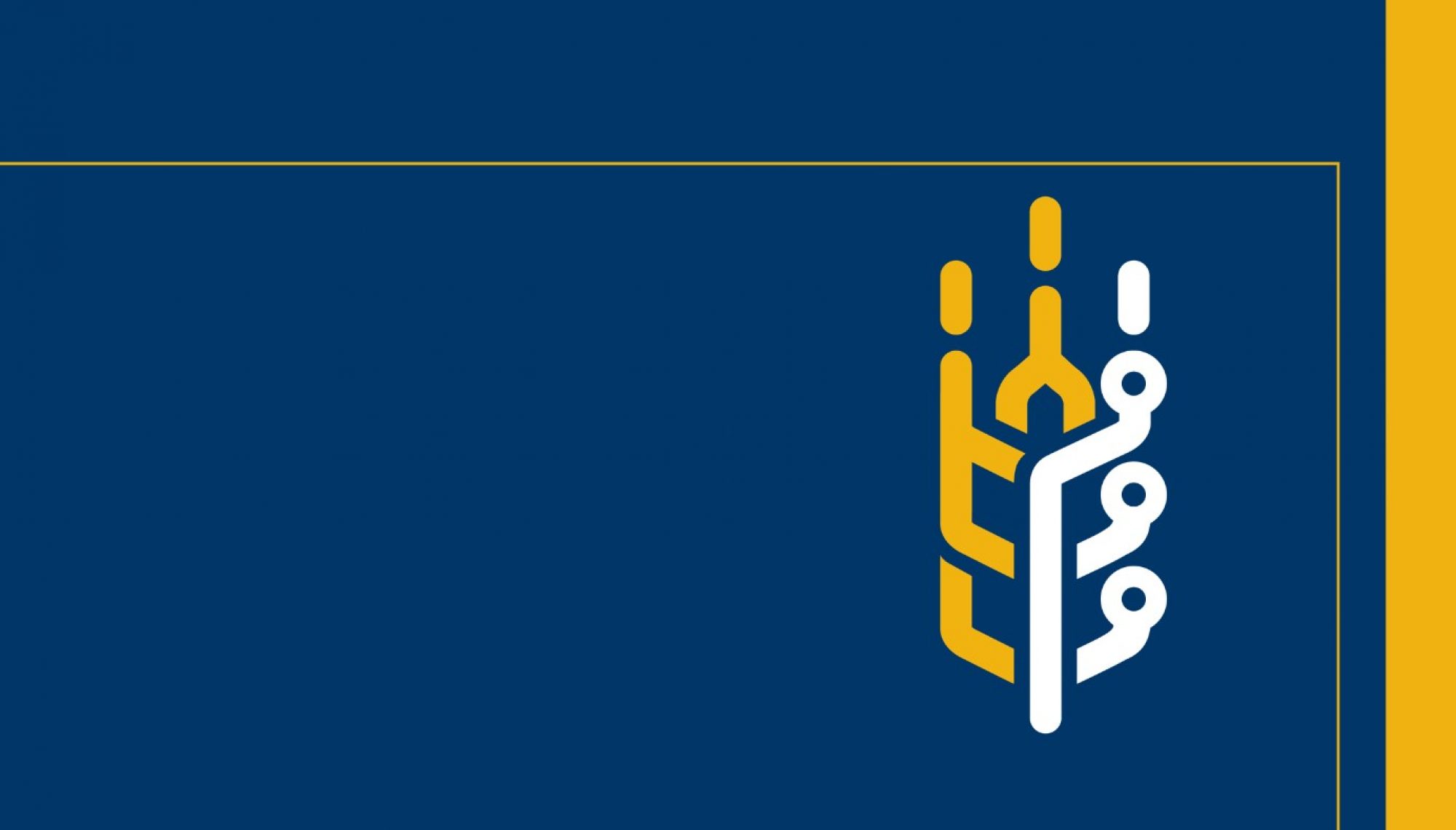Food sovereignty plays a crucial role in community development by ensuring the fundamental right of individuals and communities to access healthy and culturally appropriate food, produced in an environmentally sustainable manner. It empowers communities to have control over their agricultural food crops, fishing practices, and land resources. This concept promotes localized food systems, ensuring food security, and preserving cultural traditions in the community. The goal of community development is to empower people to improve their socio economic status by being actively involved in their own development rather than be a passive receiver[1]. This itself shows the important role of people in their own development.
Rationale – How is food sovereignty connected to community development?
The principles of food sovereignty focus on ensuring access to sufficient, healthy, and culturally appropriate food. They value the rights of food providers, resist policies that undermine their livelihoods, and promote localized food systems. Furthermore, these principles advocate for local control over resources such as land, water, seeds, livestock, and aquatic resources. They recognize the importance of traditional knowledge, agroecological practices, and food’s sacredness, which goes hand in hand with Indigenous Food Sovereignty[2].
In the article by Sampson and colleagues (2021), the significance of prioritizing food sovereignty and the right to food is stressed. The study highlights the positive impact of these approaches on food security and nutrition globally. By embracing food sovereignty and recognizing the rights to food, communities can assert control over their own food systems and ensure access to nutritious and culturally appropriate food. This article aligns with the findings of Weiler and colleagues (2015) in that it makes the argument that promoting access to healthy food and supporting local food systems are important determinants of health. It emphasizes the need to prioritize sustainable, culturally appropriate, and equitable food production and consumption.
Indigenous Food Sovereignty is rooted in four key principles and forms the foundation of the Indigenous way of life. It recognizes food as a sacred gift and emphasizes nurturing a healthy relationship with the land, plants, and animals. Participatory practices ensure the sustainability of traditional food harvesting for present and future generations. Self-determination allows Indigenous communities to meet their own needs for healthy and culturally appropriate food, rejecting external control. Indigenous food sovereignty also seeks to reconcile Indigenous values with colonial policies and mainstream economic activities, offering a framework for policy reform.
My experience in community development and the rights of the community to make their own decisions
As a former development practitioner in my home country Sri Lanka, I have come across instances where new and culturally inappropriate practices have been introduced into communities without consulting the community members. This has led to the abandonment of native practices, and even project failures as people refuse to adopt culturally inappropriate practices. In these cases, native communities have had no say in determining their needs, appropriate food, or control over their own land. This raises questions about whether such interventions truly constitute community development. On the other hand, there are projects implemented according to the “Right Based Approach” where rural communities were empowered with leadership skills to design their own programs, implement and monitor their own projects. Today these communities are able to live with dignity, having power to dialogue with government and other stakeholders to get their rights and able incorporate their traditional practices to safeguard their land and sea. Of course, it takes time to mobilize, build trust, and empower communities to plan their own development. But community development is fundamentally about empowering communities to take charge of their own lives.
Renowned ways of achieving food sovereignty
By incorporating targeted questions about food sovereignty within the community assessment, it could help to collect valuable information that sheds light on the rural/ Indigenous community’s level of involvement and dedication to food sovereignty practices. These specific questions can serve as a powerful tool for understanding the extent to which the community is engaged and committed to upholding food sovereignty principles. The insights gained from such inquiries could provide a deeper understanding of the community’s relationship with food, their ability to exercise control over their resources, and their efforts towards cultural preservation and sustainable practices.
By explicitly recognizing and incorporating the principles of food sovereignty, the project becomes an avenue through which rural/Indigenous communities can exercise their rights, drive significant improvements, and address their specific needs and aspirations. This comprehensive approach empowers communities to regain control over their food systems, fostering cultural revitalization, sustainable practices, and enhanced well-being.
Based on my experiences and what I learnt, Food Sovereignty could be achieved by empowering the Indigenous/rural communities to gain control over their food system by ensuring:
- Rights to their own land and resources
- Preserving and practicing traditional knowledge related to farming
- Using local seeds by establishing local seed banks
- Community led decision making
- Establishing Community-led Cooperatives to ensure bargaining power
- Access to marketing
- Incorporate innovative practices that can boost traditional practices
One example of food sovereignty enhancing community development is that from Oaxaca. In Oaxaca, the Indigenous communities have taken a stand on preserving their traditional food system. They developed the Union of Organizations of the Sierra Juarez of Oaxaca (UNOSJO) to promote food sovereignty by ensuring local agroecological practices and community based decision making in food production.
Though this is a long-term process, it is important to respect Indigenous and local community voices and empower them to lead their own sustainable and appropriate food system which promotes sustainable community development.
